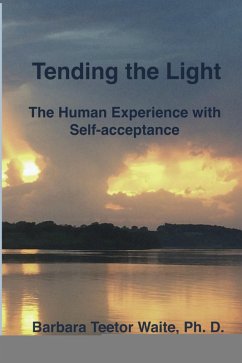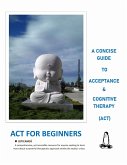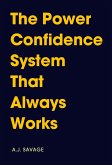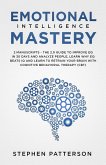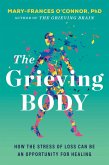"Tending the Light: The Human Experience with Self-acceptance is a comprehensive and thorough examination of the central importance of self-acceptance in our daily lives." --Burton Giges M.D., Distinguished Life Fellow, American Psychiatric Association
This detailed psychological analysis of self-acceptance explains what it is, why readers need it, and how to get it.
Waite (From Underdog to Winner, 2017) begins this book by setting it apart from works that seek to raise self-esteem. She specifies that self-esteem "relies on the perception of success...to obtain a sense of worth" whereas self-acceptance is unconditional: "We see ourselves 'warts and all,' and find value and potential based on the mere fact that we are complex and inherently valuable human beings." She suggestsand supports with a great amount of evidencethat self-acceptance gives people the freedom to fail without losing self-worth, motivates them by helping them recognize weaknesses and productively move forward, takes the fear out of performance, and allows for consistent, instead of "contingent," happiness. She then describes how readers can learn and be reminded of self-acceptance: through intuition, dogmatic messages (from religions or role models, for example), logical reasoning, and their own personal experiences. She concludes by describing "a perfect world" in which self-acceptance is the status quo, further encouraging readers to develop and promote the idea. As a whole, this book is skillfully structuredWaite first helps readers understand self-acceptance, convinces them why it's important, explains how to develop it, and finally reiterates its value. Taken in smaller pieces, the organization is just as efficient, with alluring introductions, comprehensive explanations, and succinct summaries that make the content unmistakably clear. Waite's lucid details and profound insights are often interwoven with case studies that effectively demonstrate the principles she's sharing. These examples are mostly of athletes (because of the author's sport psychology background), but the concepts are universal. For instance, a young quarterback loses a big game, drinks until intoxicated because of his shame, and commits a hit-and-run. The author uses this tale to illustrate how a lack of self-acceptance triggered these events and how this man's later development of the belief helped him move past the tragedy. Fans of Brene Brown's thoughts on shame and vulnerability will find many related ideas in this book, written with a similar academic flavor.
An illuminating examination of an often neglected but vital concept.
Kirkus Reviews
Dieser Download kann aus rechtlichen Gründen nur mit Rechnungsadresse in A, B, CY, CZ, D, DK, EW, E, FIN, F, GR, H, IRL, I, LT, L, LR, M, NL, PL, P, R, S, SLO, SK ausgeliefert werden.

